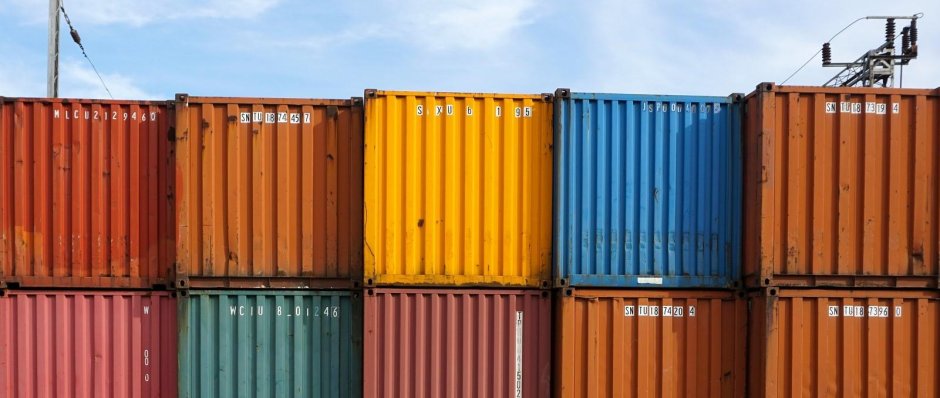Customs duties refund opportunity extended for recalls and warranties

On October 12, 2017 the European Court of Justice (“CJEU”) ruled in favor of Meijburg & Co’s warranty and recall case (C-661/15), meaning that the period for price adjustments has been extended from one year to three years. Furthermore, recalls necessary to avoid risks of failure must be treated equally as defective goods. This will lead to more opportunities for a customs duties refund in the case of recalls and warranties.
Meijburg & Co approached a number of automotive producers - primarily in the Far East - to challenge the validity of the 12-month period of Article 145(3) of the Community Customs Code Implementing Provision (“CCCIP”) and started the legal procedures in the Netherlands on behalf of X B.V. for three selected cars (“type A, C and D”). For car Type A the risk of a mechanical failure was identified and the manufacturer requested X B.V. to examine all cars of a certain production run and, as a precaution, replaced a number of parts free of charge. Due to the warranty obligations the manufacturer reimbursed X B.V. for all expenses. Types C and D showed some failures in the second or third year after release for free circulation (i.e. import). X B.V. was reimbursed by the manufacturer due to the warranty obligation.
When X BV applied for a refund of customs duties based on Article 236 Community Customs Code (“CCC”) for type A, C and D, the customs inspector denied the claim arguing (a) the replaced parts of type A were not defective and (b) the repair of type C and D took place more than twelve months after release for free circulation. The Dutch Supreme Court ultimately submitted two preliminary questions to the CJEU regarding the validity of Article 145(3) CCCIP and the interpretation of “defective goods” within the meaning of Article 145(2) CCCIP.
Interpretation of ‘defective goods’
The CJEU ruled that the concept of “defective goods” should cover cases where it is established that, at the time of acceptance of the declaration for entry into free circulation for specific goods, there was a manufacture-related risk that the goods might become defective in use, and in view of this the seller, pursuant to a contractual warranty towards the buyer, grants the latter a price reduction in the form of reimbursement of the costs incurred by the buyer in modifying the goods in order to exclude that risk.
12-month time limit invalid
Furthermore, the CJEU ruled that Article 145(3) CCCIP, insofar as it provides for a time limit of 12 months from acceptance of the declaration for entry into free circulation of the goods, within which an adjustment of the price actually paid or payable must be made, is invalid. This means that recalls and warranty costs will lead to a refund for a period of three years after release for free circulation. This is especially of interest to importers who are reimbursed for warranty repairs by the manufacturer of the goods.
The CCC has now been replaced by the Union Customs Code (UCC). The twelve month’s limitation of Article 145(3) still exists under the current law. Article 132, letter c, Union Customs Code Implementation Regulation (“UCC-IR”) also limits refunds to twelve months after release for circulation. Even though the arguments of the CJEU to declare Article 145(3) CCCIP invalid could also apply to Article 132, letter c, UCC-IR, the latter remains valid. It is not clear yet whether the European Commission will adjust Article 132, letter c, in accordance with the findings of this case.
We are currently assisting our clients who participated in the legal proceedings to retrieve the overpaid duties and will of course be happy to assist any other company that believes it is eligible for a refund.
Should you require further information or background to this case, please do not hesitate to contact the Meijburg & Co customs specialists.